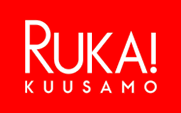The quick development of tourism in the region of Ruka-Kuusamo already anticipates labour shortcomings, particularly during the winter season and in year-round jobs.

Permanent job at Ruka hill
Finland’s reputation as a clean, nature-friendly and helpful travel destination has spread around the world and tourism is rapidly increasing.
The work field of tourism is diverse and there are a number of different jobs. In addition to restaurant, accommodation and program services, cleaning, maintenance, marketing, ICT and various administrative tasks provide employment.
The varying conditions provide motivation, passion, self-orientation and self-initiative, organisation and coping skills, language skills and the knowledge of various cultures and safety issues. In addition, for example, an alcohol passport, hygiene passport, first aid card, tourism safety passport, water work permit and driving license are necessary depending on the work duties.
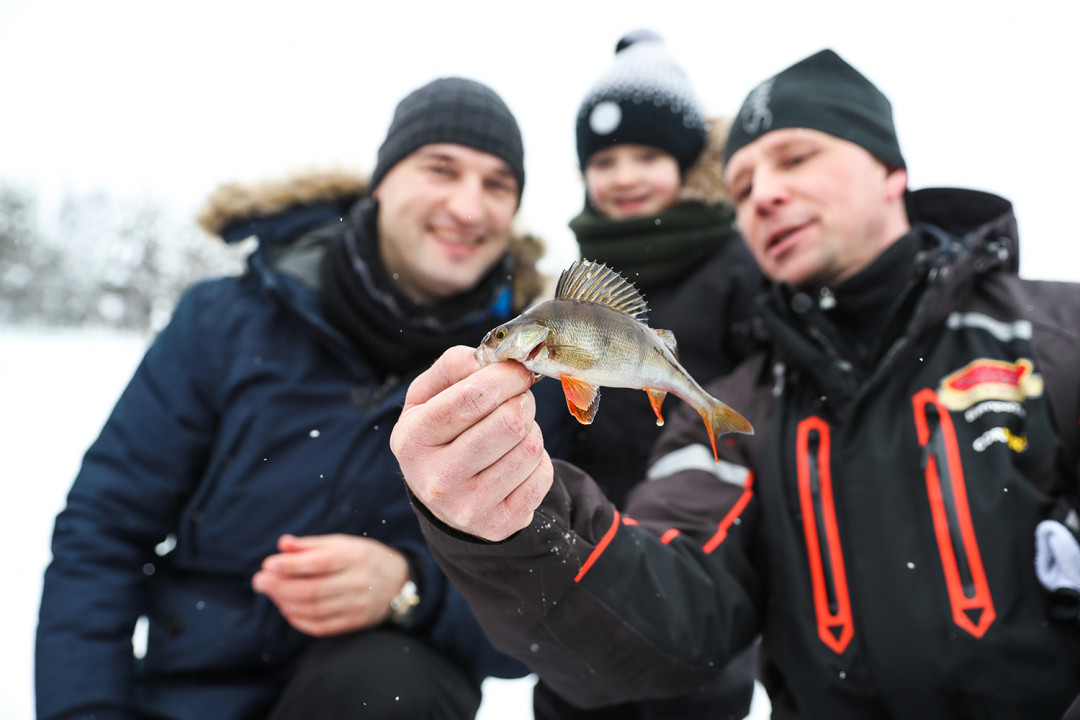
The work of a seasonal worker is still worth it. In addition to an unparalleled work experience, you will make acquaintances with people from around the world, learn to operate in surprising situations, experience unforgettable moments, nature’s beauty and build networks that will carry through life.
Traditionally, a seasonal worker arrives to the Northern latitude when the temperature begins to drop, works hard throughout the winter and heads off to enjoy the summer at around the beginning of May. Summer tourism in Ruka-Kuusamo is now increasing rapidly, which also opens opportunities for year-round employment. During the summer, the work pace usually slows down slightly to counterbalance the winter season, since even the most hard-working employee will drop if working to their maximum during both summers and winters.
The light that lasts throughout the night brings an exotic atmosphere and a different type of energy to the summer. There is work to do in the kingdom of forested hills both at land and at water, and Kuusamo's summer offers visitors and employees the perfect opportunities to participate in various activities. Accommodation, hot meals and guided activities are already provided year-round by most employers.
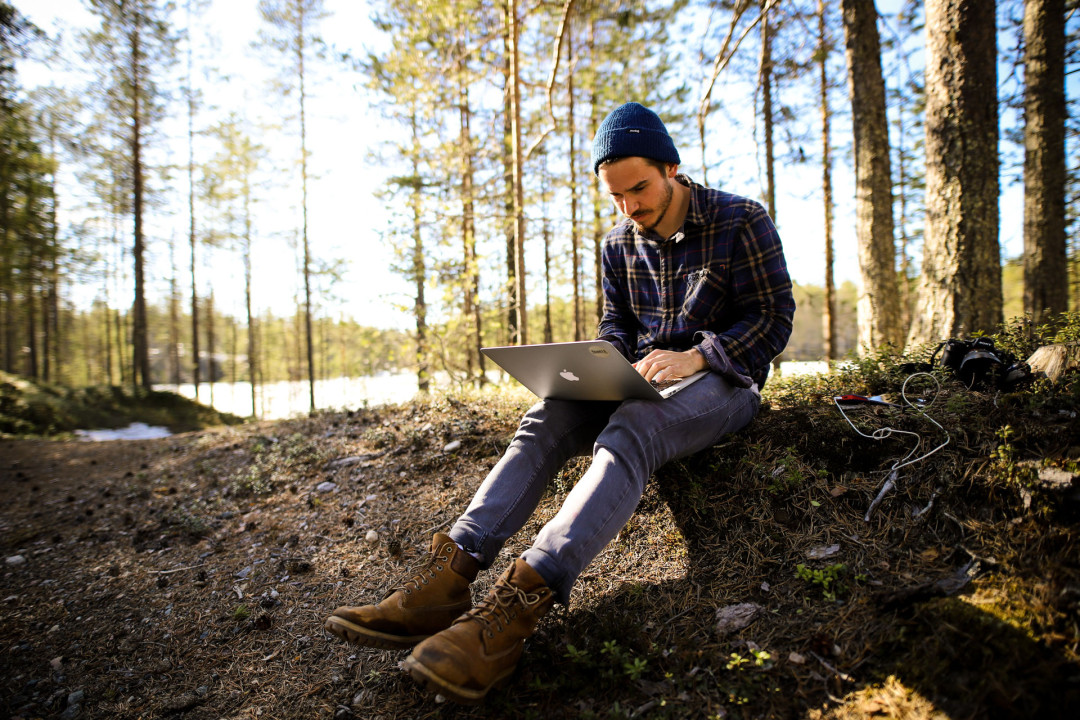
We met two family entrepreneurs and the restaurant director of one hotel franchise, and we discussed the lack of labour and the bottlenecks of employment.
Ruka Safaris offers experiences and Northern magic around the year as an ensemble of activities, accommodation and restaurant services. At the romantic countryside heritage village, Iisakki Village, you can find accommodation in log villas, glass apartments and peasant houses. Luxurious log castles and imaginative restaurants and saunas with various themes are available for meetings and events. The programme service selection has activities for every taste. Hanna Karjalainen is a barefoot from Kuusamo and the executive director of a family business. I meet her in the landscapes of Juhannuskallio, within the Safari Centre which reminisces the elves’ workshop.
– When I was younger, I set off to Oulu to study and I didn't think I’d ever return, but plans changed. Your mind thinks differently, once you get older, Hanna laughs. – It’s good to be here.
Marjo Määttä from LSJ Group is also from Kuusamo and has the reputation of a tough business woman, but she turns out to be full of laughter and she is easily approachable. We meet at Restaurant Rukan Kuksa, below the ceiling lamps that have galloping reindeer on them.
In addition to Kuksa, Salonkijärvi’s wilderness, but luxury Rukan Salonki villas and the glass-roofed apartments of Villa Veskaranta also operate under LSJ Group. The sauna is also important to Marjo, and there are saunas available for every taste. There is a smoke sauna, ice sauna, shoreside sauna and sauna treatments.
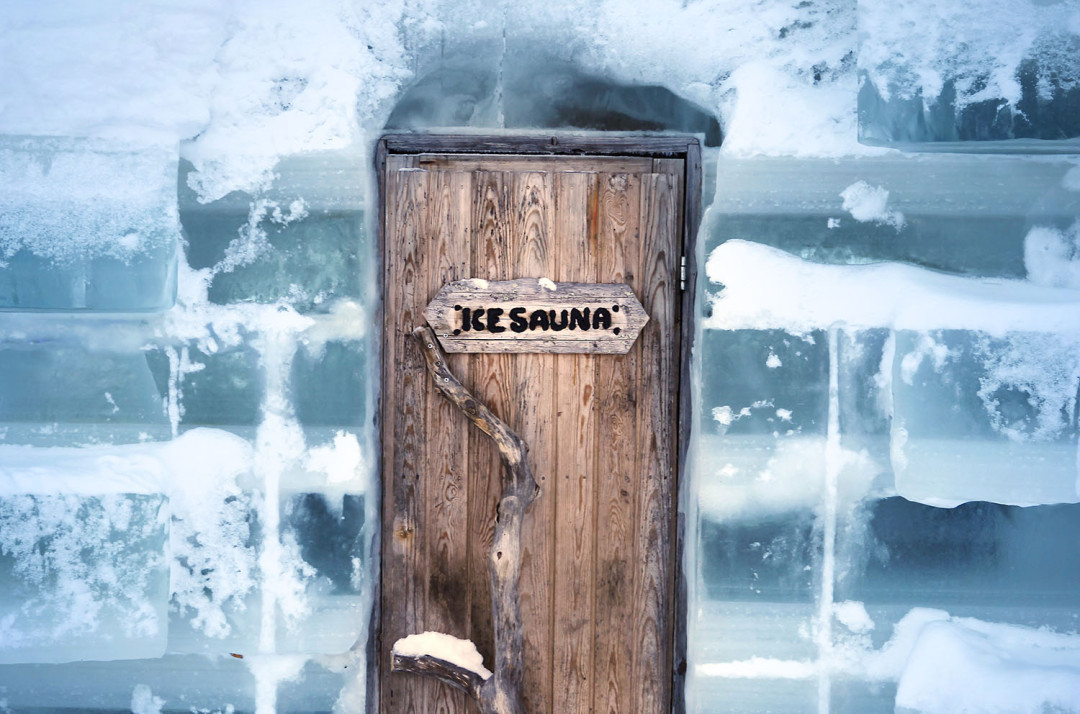
Jussi Kovaniemi is the restaurant director of Scandic Rukahovi. Jussi, who has spent a decade at Rovaniemi’s Pohjanhovi, headed off to Ruka a few years ago to gain new experiences and challenges, and that is what he has achieved. Scandic Rukahovi is the largest hotel in Ruka; the ensemble consists of more than 200 rooms, suites and row house apartments. The restaurant world of Rukahovi consists of restaurants and clubs, as well as karaoke and lobby bars. In Jussi’s opinion the concept that has recently changed from Restel to Scandic has brought about positive changes due to a different business culture.
LSJ Group and Scandic Rukahovi both employ 50 employees during the winter season and Ruka Safaris employs approximately 25. Most of the seasonal workers are from elsewhere in Finland. The need for employees is increasing and the lack of labour is expected to get worse.
The customer base of both Ruka Safaris and LSJ Group is mainly foreign, while that of Scandic Rukahovi is domestic. An ensemble that includes accommodation, meals and programme services is rarely sold to Finns. Scandic Rukahovi’s guests are mainly domestic downhill skiers, who also use restaurant services.
– Finns will rent a cabin, cook there and mainly enjoy their own company, says Marjo, while foreigners want their meals, starting with their breakfast, ready and served, and they participate in all kinds of activities. You also often get to know then better than a Finn. Hanna agrees.
– Snowmobile hires are a good example. A Finn will often hire a snowmobile for independent trips and will not participate in a guided safari, while foreigners will comprehensively participate in all activities.
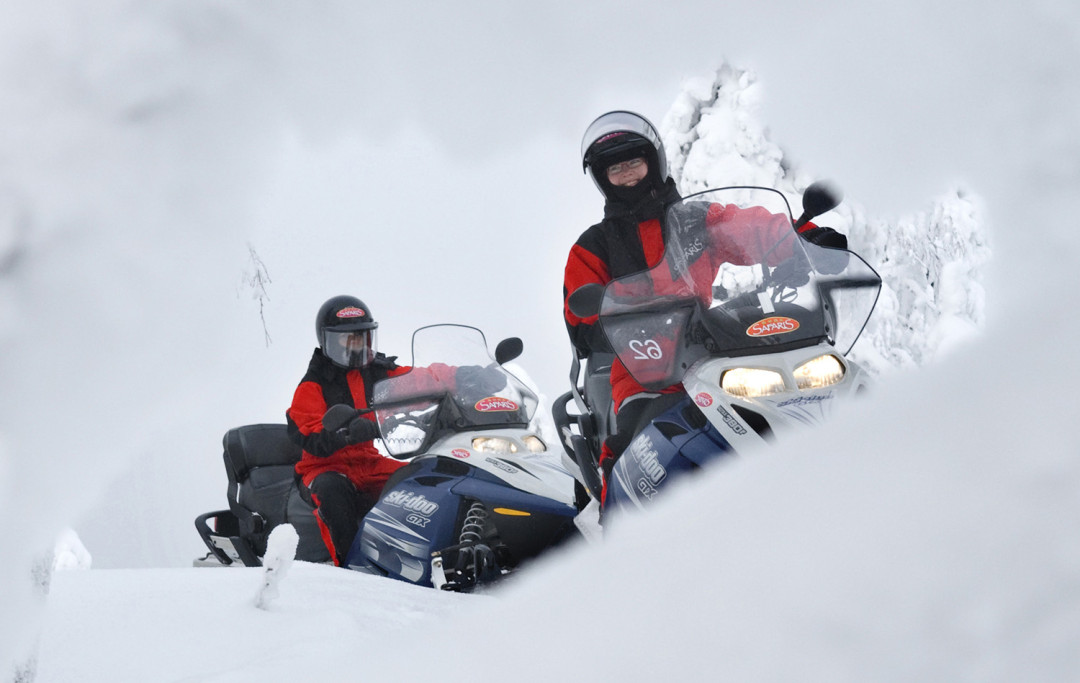
What methods are used to attract employees to the area?
– The most important aspect is a good atmosphere and the employer’s reputation. We often have the same empoyees winter after winter, which indicates satisfaction, Marjo states.
Obviously the nature attracts, but to people who have lived here their entire lives it is so obvious that it is not always brought up. A seasonal worker learns to view the world from a slightly different perspective, their own assumptions change and they meet and make new friends from around the world.
– It has to be fun at work and we sure have fun, Hanna assures. Last winter many employees went home with tears in their eyes while making us promise that they can come back next winter. We are definitely one big family, we care and laugh together. And we are flexible, but there must of course be flexibility in both directions. A person with a family can also become a seasonal worker. There are lots of hobby opportunities for children and the small community is safe.
– The prototype of a Rukahovi seasonal worker is a young and adventurous single person. They want to spend a year off from their studies, get to know Northern Finland and gain experiences. The good staff benefits are also part of the attractiveness, Jussi knows.
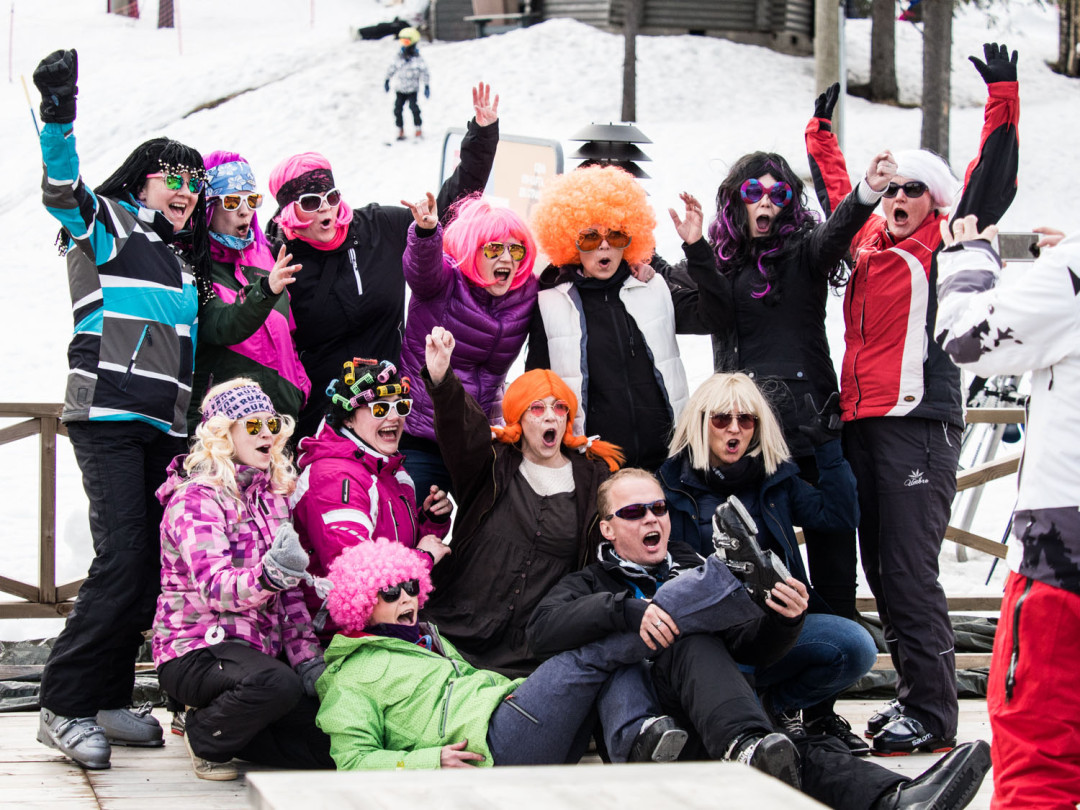
The salaries in accordance with the collective agreement for the tourism industry are not very competitive. Thus, many companies conclude employment contracts with higher wages. A proposal to lower taxation in Northern Finland shall also be reviewed by the government, which would be a perfect incentive to attract labour.
Very few local residents apply for work in Ruka. The general reason seems to be the desire to find a permanent job. One reason for this is also the distance from Kuusamo to Ruka; a commute of approximately half an hour is considered to be too long. All three of the interviewees have noticed this.
– It is a strange thing, Marjo wonders. When I graduated as a nurse, I carried out even one- hour shifts as a substitute for a couple of days, and it wasn’t long until I was provided a permanent position. You have to start somewhere. First you have to show what you are made of and then you might very well be offered a permanent job, she concludes.
– Our permanent staff is local, but people from Kuusamo will not even apply for work as a seasonal worker. Local knowledge is a great advantage, particularly in the work of a guide. Those who have grown up in the North have explored the nature on snowmobiles and quads throughout their lives and they are familiar with the area. We would certainly rather hire a local as a guide, Hanna says. Jussi tells the same story, hardly any local residents’ applications are received.
– Perhaps the attraction of the North is different for Southern Finns. There is a desire for a break and new experiences.

How does recruitment take place?
Ruka Safaris recruits its own employees, LSJ Group uses a recruitment agency and Scandic Rukahovi primarily utilises internal headhunting, but hire companies are also used.
– We always wish to personally select the applicant and see him/her face-to-face. You can have all the skills in the world on paper, but the attitude is not revealed before meeting in person, Hanna says.
LSJ Group annually recruits so many workers that the entrepreneur’s time is not sufficient for the recruitment process.
– We use a familiar agency, who knows us and our level of requirements. We still aim to meet the employees in advance, and when hiring managers, we always meet them in person and personally interview them, Marjo says.
According to Jussi, internal headhunting also allows the transfer of the same employee to another locality once the work load decreases and another transfer back, when there is more work. This allows us to commit employees.
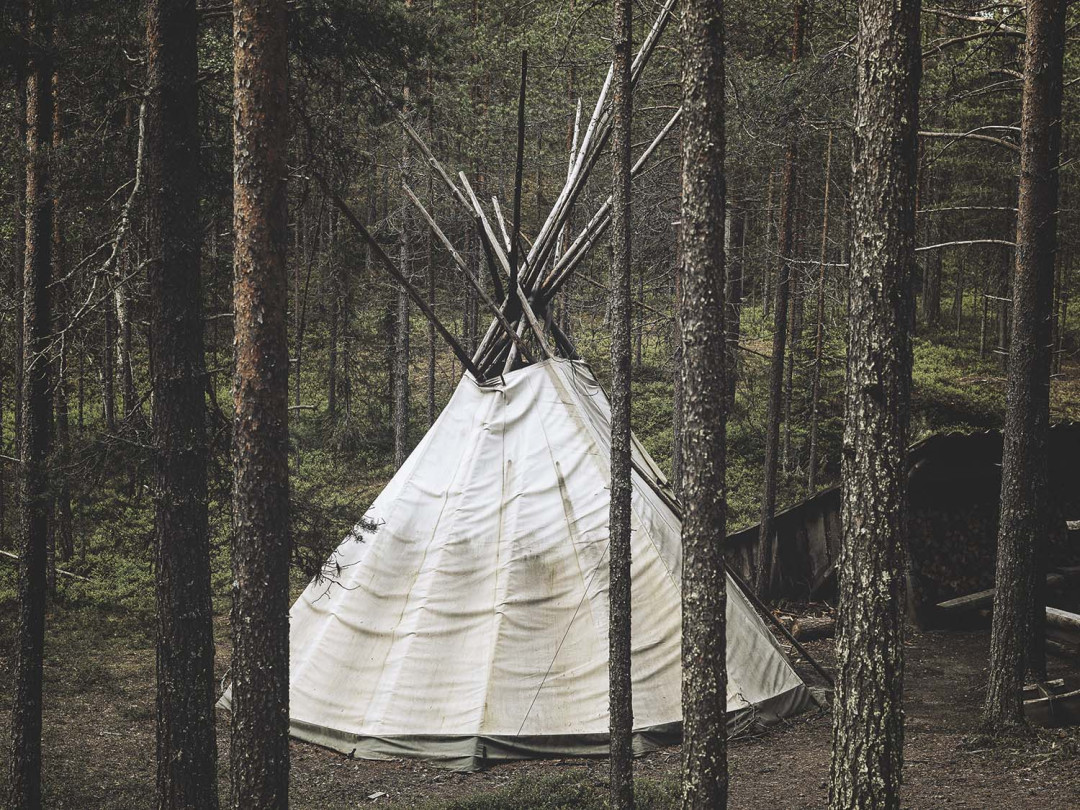
Seasonal workers in the open?
In order to root employees, accommodation would also be needed, but Ruka's housing situation is not appraisable. There are few rental properties, and the private landlords of cabins often ask for horrendous rents. There are apartments in Kuusamo, but most of the seasonal workers do not have a car and work long shifts until the early hours. In this case, it is convenient if the apartment is walking distance from the workplace. Ruka Safaris, LSJ Group and Scandic Rukahovi organise housing for their employees, which is a brilliant advantage.
– The city council should meet in the middle and build rental properties in Ruka, all three of them say. – It is part of the area's attractiveness and image and would support the growth of tourism in an excellent manner.
Education institute cooperation
Enthusiastic interns and new skills would be expected to be brought to the industry through vocational training.
– We would be happy to take local interns on board, but no applications are received, Marjo says.
– Students with second education are often not motivated, says Hanna, but she praises the wilderness guide students of the Koillismaa Adult Training Centre. – We train them, for example, as rafting captains, together with the education institute and they then have the opportunity to be instantly employed.
Rukahovi approached students by visiting vocational schools, participating in recruitment fairs and entering job vacancies in to the education institutes’ own recruitment systems.
– Expertise is however required. There is no time to begin to teach how to boil a potato to someone arriving during the peak season, basic skills must be ready, Jussi states.
What magic tricks would be needed to get a seasonal worker to permanently stay in the area? The commitment and rooting of young adventurers in particular, who do not have a family, is not very easy.
– Well, one employee who started with us in the autumn found love in Kuusamo and shall permanently move here. That’s probably the best way to get a person to stay, Marjo laughs.
If working in the area raised a spark, feel free to send an application directly to the entrepreneurs. Tell about your skills and motivated attitude and jump in to be part of Ruka-Kuusamo’s excellent work community.
Take a look at these links:
Ruka-Kuusamo’s services and companies
Rental apartments at Ruka and Kuusamo (public Facebook group)
Published: 25.6.2018
Text: Salla Karhumaa
Photos: Veera Vihervaara, Harri Tarvainen, Ruka Ski Resort and Ruka-Kuusamo Tourist Association
